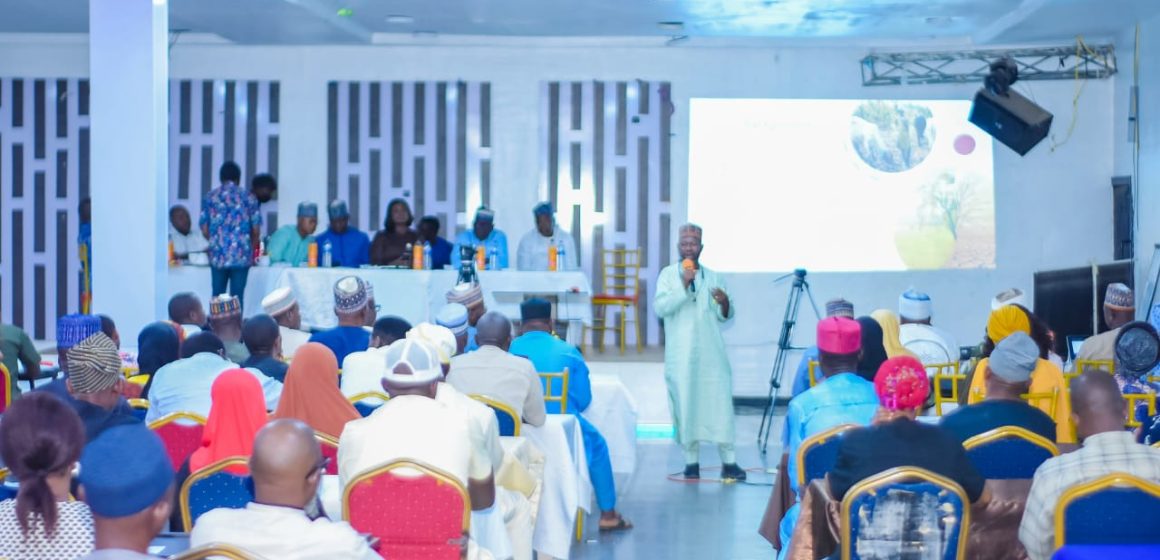The Kwara State Government has launched a strategic move to reduce farmers-herders clashes and enhance livestock productivity by initiating a geospatial mapping of transhumance routes across the state.
The initiative, flagged off at a stakeholders’ meeting in Ilorin on Tuesday, is part of the Livestock Productivity and Resilience Support Project (L-PRES) in collaboration with the Centre for Dryland Agriculture (CDA), Bayero University Kano.
Governor AbdulRahman AbdulRazaq, represented by the Commissioner for Livestock Development, Oloruntoyosi Thomas, said the project will introduce a science-driven approach to managing livestock movement and grazing routes in the state.
“With the effects of climate change and population growth putting pressure on land and water resources, it has become necessary to adopt a modern and sustainable strategy for livestock management,” she said. “This mapping exercise will help identify key transhumance corridors, promote peaceful co-existence, and improve rural livelihoods.”
The governor further noted that the exercise will boost livestock productivity, ensure better access to grazing areas and water sources, and reduce the frequency of violent conflicts between farmers and herders.
Senior Adviser to the Governor, Alhaji Saadudeen Salau, called for strong collaboration between the Ministry of Livestock Development and L-PRES, emphasizing the importance of extending the outcomes of the project to local government authorities for real impact.
He commended Governor AbdulRazaq’s commitment to making Kwara a hub for sustainable livestock production and expressed appreciation to the CDA for its technical backing.
Special Adviser on Special Duties, Alhaji AbdulRasaq Jidda, added that the mapping initiative would assist in identifying areas that need intervention and ultimately help address the root causes of conflict between pastoralists and farming communities.
Professor Muritala Gbadamosi, the CDA team lead, said the project focuses on livestock density, cropland areas, grazing corridors, and herd mobility. He stressed that the information gathered would aid in directing government support to key needs like water access, veterinary care, and conflict resolution.
Participants at the session included security agencies, traditional cattle breeders associations, the Kwara State Social Investment Programme (KWASSIP), and other relevant government stakeholders who pledged their support for the initiative.
The meeting underscored the government’s renewed efforts to turn challenges in the livestock sector into opportunities for peace, development, and food security.



Leave a Reply